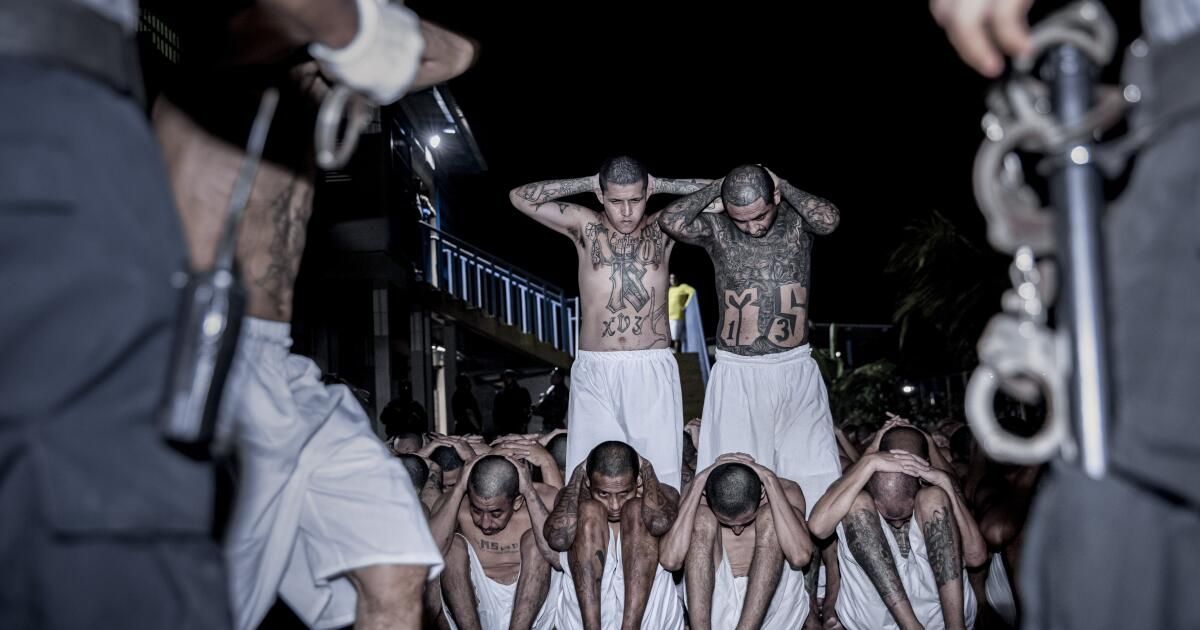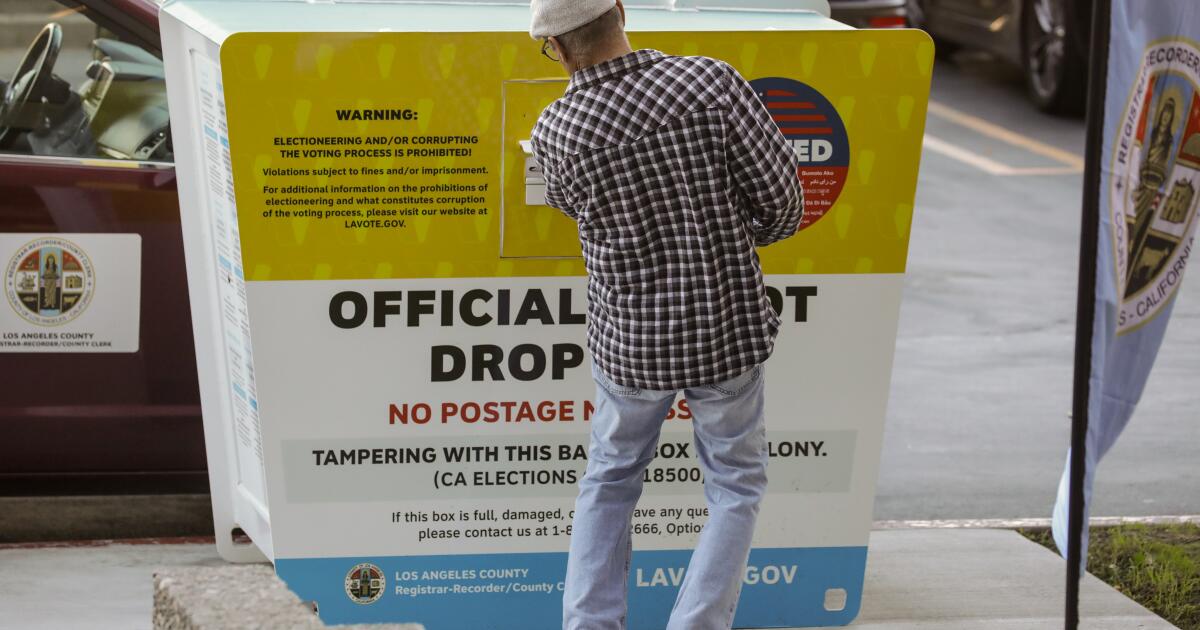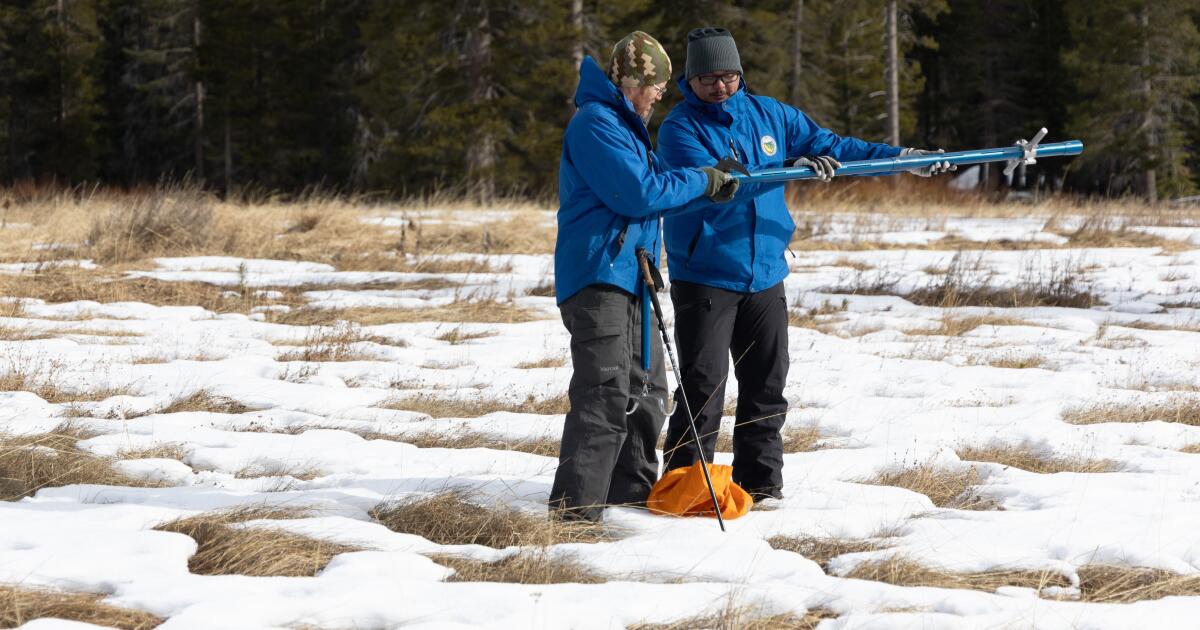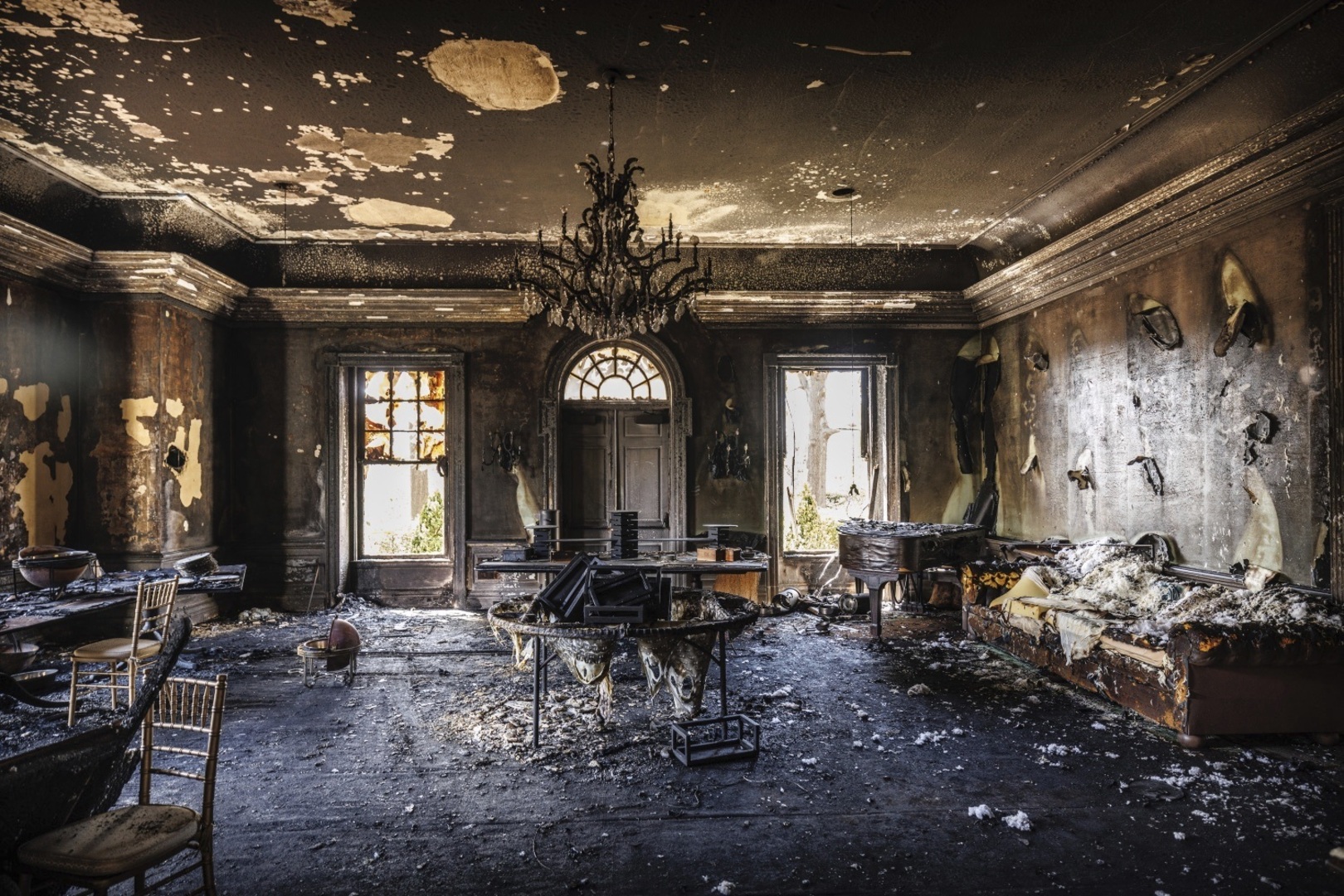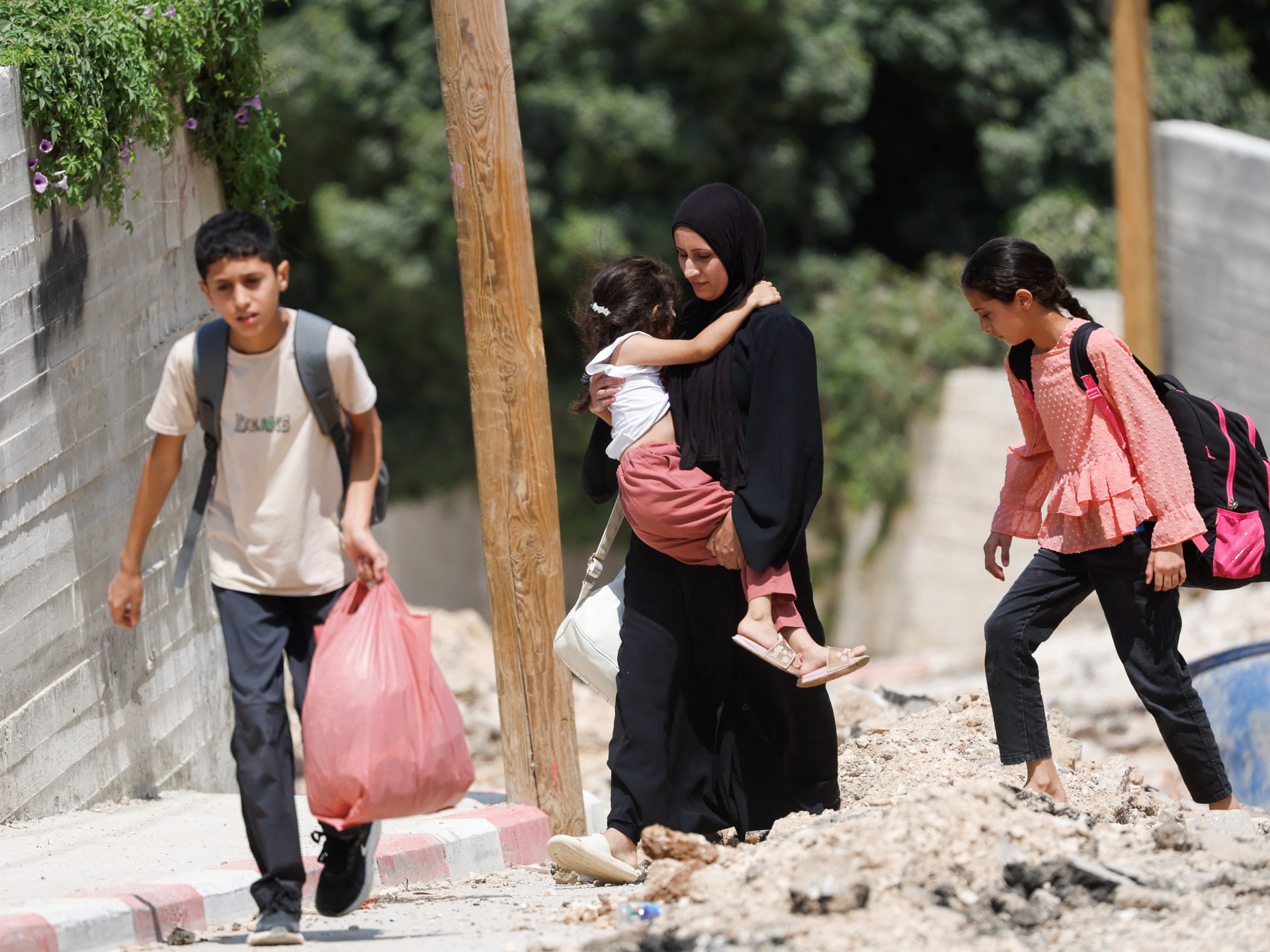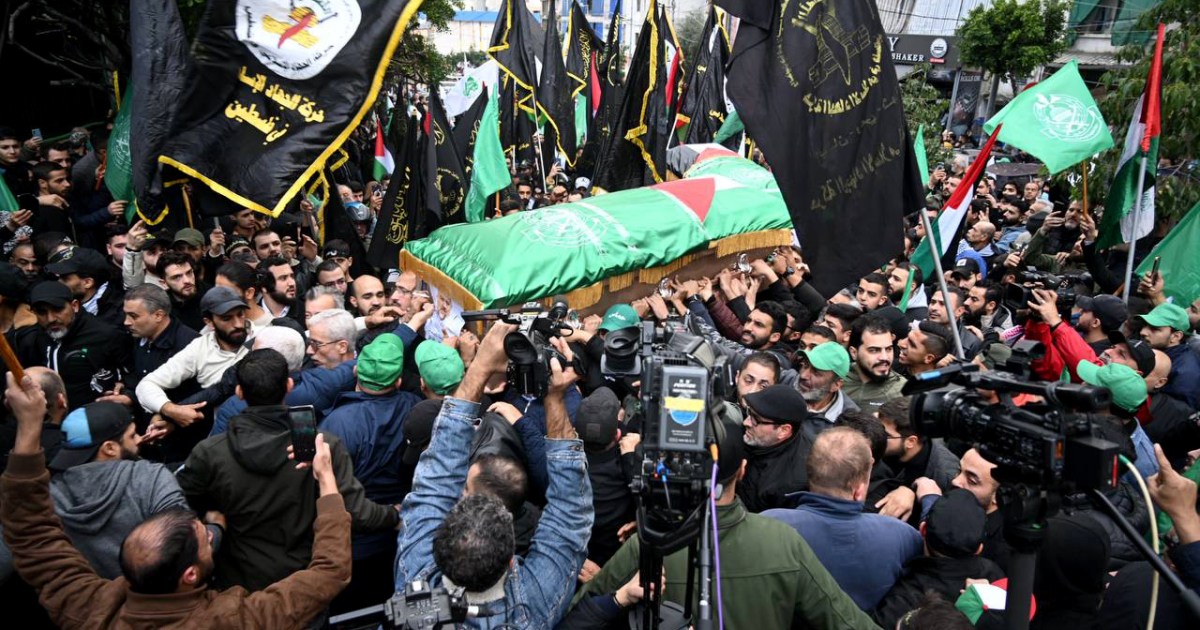MEXICO CITY – Thousands of poor children in El Salvador have suffered arbitrary detention, torture and other abuses as part of President Nayib Bukele’s “war on gangs,” Human Rights Watch said in a report released Tuesday.
“Children from vulnerable communities in El Salvador are the most affected by the government’s indiscriminate security policies,” Juanita Goebertus, the group’s director for the Americas, said in a statement. “Often, these detentions appear to be motivated by a child’s physical appearance and socioeconomic status, rather than by evidence of wrongdoing.”
The 107-page report alleges that minors “with no apparent connections to gang-related violence or criminal activity” have been subjected to often prolonged detention in overcrowded prisons with a lack of adequate food and medical care, while being denied access to lawyers and their families.
“Many have been convicted on overly broad charges and in unfair trials that deny due process,” according to the report, which Human Rights Watch said is based on dozens of interviews conducted in the Central American country in 2022 and 2023, along with a review of case files and other records.
There was no immediate response from Bukele's government. Messages sent to the president's office seeking comment were not answered.
Since Bukele launched the offensive, tens of thousands of suspected gang members have been arrested, many of them with little evidence. Many civil liberties have been suspended since 2022, when the state of emergency was imposed. Suspected gang members and sympathizers face prison sentences of up to 30 years.
Bukele, who calls himself “the coolest dictator in the world,” has regularly rejected criticism of his mass detention policies.
Despite accusations of democratic backsliding, he and his anti-gang campaign have proven popular in El Salvador. Voters re-elected Bukele by a landslide in February, and allies of his Nuevas Ideas party also dominate the country’s legislative assembly and its highest court.
In addition to adults, around 3,000 vulnerable minors were detained on suspicion of being gang members in two years of the state of emergency, according to this week's report.
(Presidency of El Salvador/Anadolu via Getty Images)
Over the past decade, El Salvador has gone from being one of the most violent countries in the world to one of the safest in Latin America. The country’s official homicide rate fell from 106 per 100,000 people in 2015 to 2.4 per 100,000 in 2023. But Human Rights Watch noted that “a lack of transparency and allegations of data manipulation” have made it difficult to assess the true extent of the reduction.
Bukele, who has championed police raids and the construction of more prisons, has taken full credit for the reduction in the homicide rate, even though it had begun to decline even before he took office in 2019. He has denied accusations of making deals with gangs to agree to truces in exchange for benefits for his imprisoned members.
Experts attribute El Salvador's gang crisis to the U.S. deportation in the 1990s of Salvadorans suspected of belonging to gangs formed in Los Angeles, such as Mara Salvatrucha or MS-13. The deportees returned to a country mired in economic, social and political chaos after 12 years of civil war.
Children have been victims of gangs and police repression. For decades, Human Rights Watch noted, “widespread poverty, social exclusion, and lack of educational and employment opportunities have left children with little chance of advancement, allowing gangs to recruit and exploit them and security forces to stigmatize and harass them.”
Human Rights Watch noted that since the imposition of a state of emergency in March 2022 in El Salvador, police and military have arrested more than 80,000 people in the crackdown, including at least 3,000 children, mostly on suspicion of gang affiliation.
The report cites a case in 2022 in which Salvadoran soldiers detained a 16-year-old high school student as he was returning home from a soccer game in Cabañas state. The soldiers forced him to strip, burned his torso with a lighter, and ordered him to confess his gang affiliation, Human Rights Watch said.
The teenager, who was not identified by name in the report, was sentenced to six years in prison “based on the testimony of an anonymous informant” and remains incarcerated, the report said.
In another case in 2022, according to the report, eight minors from a rural town in the state of Sonsonate were arrested and pressured to plead guilty to collaborating with MS-13. All of them were sent to prison for a year.
“We had no other choice,” a 17-year-old girl, one of the eight youths, told Human Rights Watch. “We all wanted to see our mothers.”
Times special correspondent Cecilia Sánchez Vidal in Mexico City contributed to this report.

